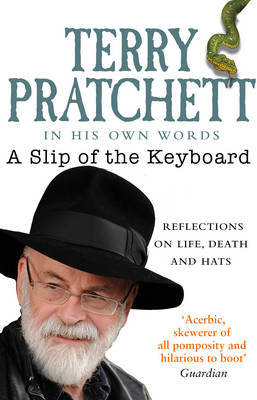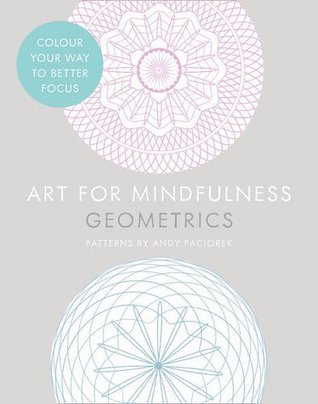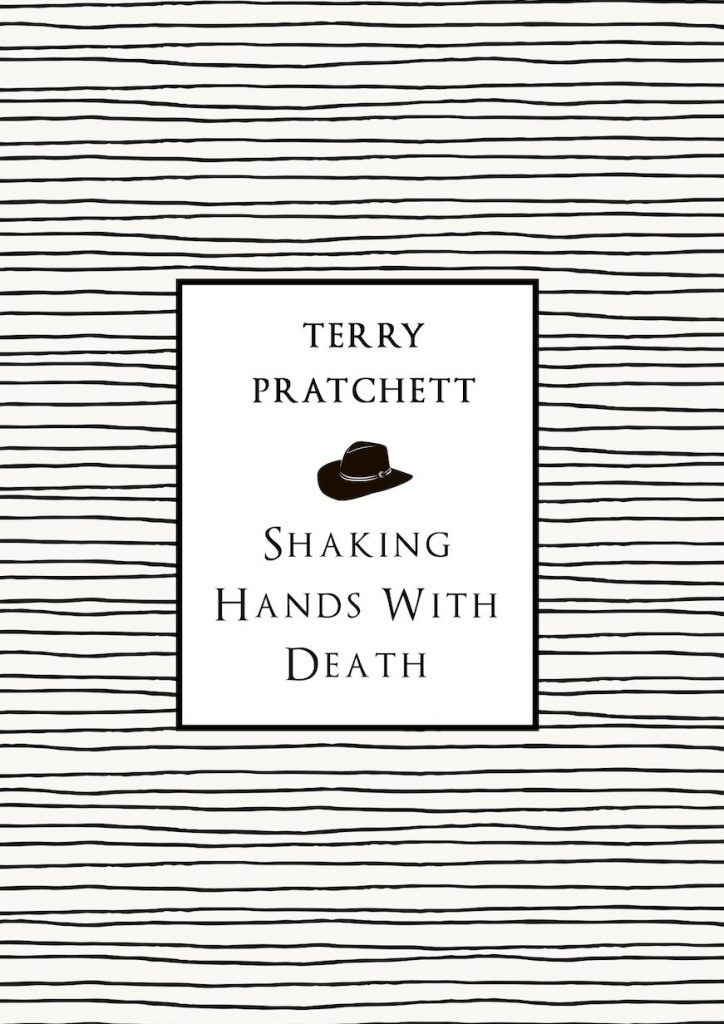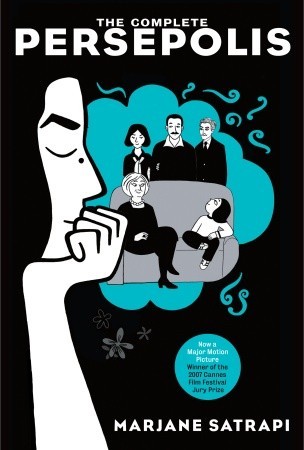 The Art Therapy Colouring Book, Richard Merritt, Hannah Davies, Cindy Wilde
The Art Therapy Colouring Book, Richard Merritt, Hannah Davies, Cindy Wilde
This book has high quality pages, so you can definitely use pens, and there are some lovely designs. They tend to be more finicky — lots of little sections to pen in, rather than big areas to colour — which may or may not suit you. The thing I think is most offputting about this book is that most of the pages are already partly coloured. I’m doing the fox from the front cover, for instance, and it comes with a coloured background and some sections of the head already coloured. Normally, I’m one of those creatures who prefers to colour in the lines and with the colours of nature, so I was a little hesitant about my rainbow fox. On the other hand, sometimes it’s nice to just colour something in differently, and see what it looks like as a complete picture — you might consider the already coloured parts of the pictures to be a sort of challenge to get really creative!
The last third of the book is for ‘doodling’, though there’s some scope for colouring, too. I was less interested in this stuff, and don’t know if I’ll really make use of it. The whole point of colouring books, for me, is that my dubious drawing skills don’t come into it.
Still, high quality book, and some of the multicolour designs come out looking surprisingly good, if you want to try something different.
Rating: 3/5









